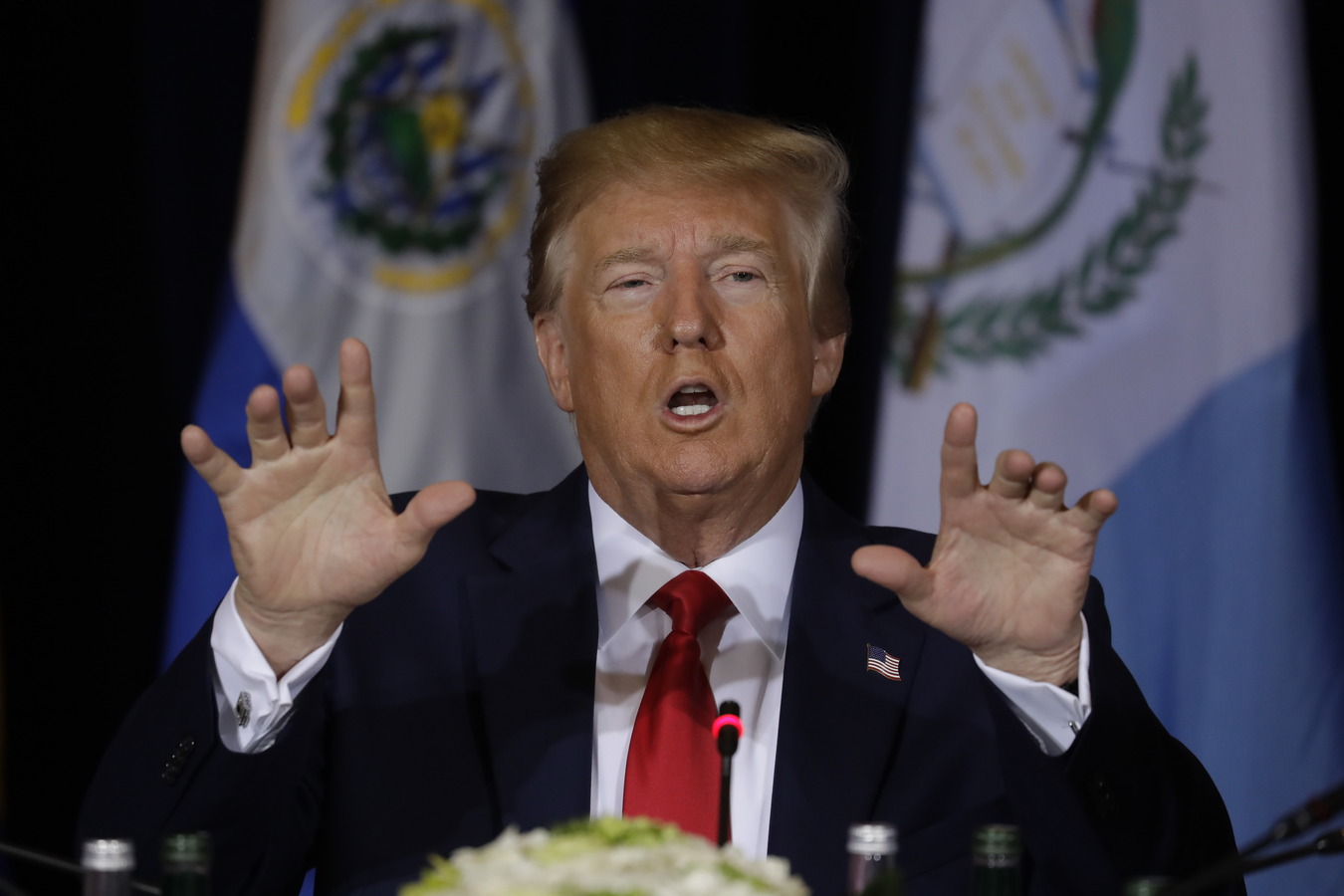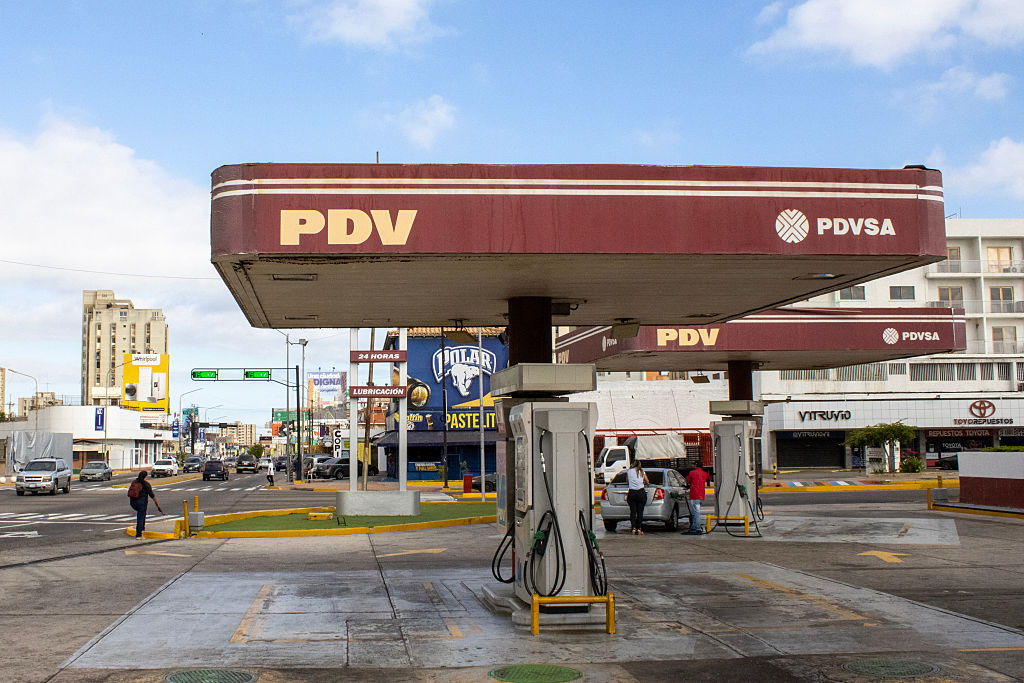Biden Heads to Latin America to Talk Trade, Security
Biden Heads to Latin America to Talk Trade, Security
Observers say the vice president’s May 26-30 trip to Brazil, Colombia, and Trinidad and Tobago signifies increasing U.S. engagement with the region.
In what some say is a sign of increasing U.S. engagement with Latin America, Vice President Joe Biden travels to Brazil, Colombia, and Trinidad and Tobago from May 26 to 30. The trip follows U.S. President Barack Obama’s visit to Costa Rica and Mexico in early May, and precedes White House visits from Chilean President Sebastian Piñera and Peruvian President Ollanta Humala in June. After announcing his trip at Council of the America’s Washington Conference on May 8, Biden reflected on how the region is changing and what that means for the United States. “The Western Hemisphere has always mattered to the United States, but I think it matters more today because it has more potential than any time in American history,” he said. During his tour, Biden plans to talk trade and security, and will meet with leaders of other Caribbean countries in Trinidad.
Observers say the region’s economic growth helped spur the Obama administration’s focus on increasing ties. “The U.S. is now seeking to play this economic card—the power of its market,” writes AS/COA’s Christopher Sabatini for Financial Times’ beyondbrics. “The countries that President Obama and Vice President Biden have selected to visit and the message they have delivered underscore both the importance of those countries to the U.S. and a new-found effort to buttress diplomacy with economic promise.” Journalist Tim Padgett agrees in an article for TIME: “After a decade of boom in Latin America, the administration has finally figured out that many of the region’s economies are strong enough global players now to be useful to the U.S. as bloc partners.”
Brazil is a case in point for a push to increase economic ties. The trip comes ahead of Brazilian President Dilma Rousseff’s state visit to Washington in the fall, with a tentative date set for October 23. It will be the first U.S. state visit by a Brazilian president in nearly two decades. “For the U.S., Brazil is looking more than ever like a friendly face in an increasingly multipolar world, one that is tilting slowly towards East Asia,” writes Financial Times Brazil Bureau Chief Joe Leahy. For Brazil, the United States represents “an ever more important partner in the effort to become more internationally competitive and escape the middle income trap in which it has languished for decades.” Biden will visit Rousseff and Vice President Michel Temer in Brasilia, followed by a meeting with business leaders in Rio de Janeiro. Ahead of Biden’s trip, Brazilian Foreign Minister Antonio Patriota met with U.S. Secretary of State John Kerry in Washington on May 20. Kerry noted that “[the U.S.] relationship with Brazil is an extremely important one, growing in its significance.”
Trade and security will be up for discussion during Biden’s Colombia stop. The vice president said he would return to Colombia for the first time in 13 years to a “country transformed.” He noted that the Andean country is pursuing peace talks with the Revolutionary Armed Forces of Colombia. “[J]ust as we have supported Colombia's leaders in the battlefield, we'll fully support their efforts to end the conflict at the negotiating table,” he said. Colombia continues to be one of the top recipients of U.S. aid in Latin America, due to support for anti-drug trafficking efforts. But funding is on the decline; the United States requested $323 million for FY 2014, a $61 million decrease from 2012. On trade, Biden is likely to discuss the U.S.-Colombia free-trade agreement; May 16 marked the one-year anniversary of implementing the accord. Over this period, U.S. exports to Colombia rose 20 percent. Excluding oil, Colombian exports to the United States went up 7 percent.
In Trinidad and Tobago, Biden will talk trade, development, energy, and security. The visit follows Prime Minister Kamla Persad-Bissessar’s April trip to Washington, where she met with U.S. Deputy Secretary of State William Burns to discuss anti-drug trafficking cooperation, criminal deportations from the United States, and tax laws. Biden could potentially discuss the Caribbean Basin Security Initiative, an effort to combat narcotics smuggling and improve citizen security in 15 countries. The FY2014 budget request calls for $162 million for Caribbean security efforts, a $26 million increase from 2012.








